|
|
|
After reading this article by Kang, et al. (2008), I have been semi-obsessed with what is ACTUALLY happening, from a cognitive perspective, when a student feels "curious". As Sir Ken Robinson says: "Curiosity is the engine of achievement", and the below graph, depicting "accuracy rates" when answering complex math problems, as a function of curiosity, models this engine well (Kang, et al., 2008):
Although the article linked above provides incredible insight into how the brain responds to the "Information Gap" hypothesis, described in this article by Loewestein (1998), that most curiosity research is based, the direct measurements utilized fMRI technology that, outside of a lab setting, could not be realistically harnessed by educators on a daily basis. The below image shows one such fMRI output:
In search of a cheap and more tangible way to transcend surveys and find a way to "peek in", I stumbled across this article by Salubin (2014) that leverages the "Mindwave", a device made by NeuroSky that can provide simple brainwave measurements. Best of all, the device, unlike the tens of thousands of dollars you would spend on an fMRI machine (not too mention the medical licensing required), can be purchased for under $100. The below video explains how the the Mindwave works:
Using the "Brainwave Visualizer" software mentioned, an example of a Mindwave output is shown below:
According to the handbook published by NeuroSky, the mental states associated with the brainwave outputs (Delta, Theta, Alpha, Beta, Gamma) shown above are noted in the table below:
From the perspective of somebody who KNOWS NOTHING ABOUT NEUROSCIENCE, a quick analysis of these mental states show an increase in consciousness as one progresses from Delta to Beta; growing more alert and focused, ultimately ending agitated and perhaps even stressed as one approaches the "High Beta" range. Keeping these states in mind, the question surfaces: What sort of mental states are amplified when a student is curious about at topic? If indeed, this question can be answered, or at least explored, Kang et. al's (2008) call to find a more cost affordable way to directly measure student curiosity can be addressed, and perhaps, the "achievement engine" that Sir Ken Robinson discusses, can be amplified. Having only just purchased my first Mindwave, the below procedure/observations represents what I hope, is the beginning of an in-depth exploration on how this new device can help teachers learn more about the impact changing pedagogy has on student learning:
Research Question
What is the relationship between curiosity and student mental state as measured by brainwave frequency output?
Methods
Results
Discussion
A striking similarity between the two outputs are their "heart-like" shape. It makes sense that both outputs arising from student vetted curiosity sparks do not include activity in the "Delta" range, as the Delta frequency range is indicative of a mental state of unconsciousness. It is worth noting that both curiosity sparks revealed a dip in the "Delta Range" and activation of the "Theta" (Intuitive, creative, etc.) and Alpha range (Alert, focused, etc.). Both of these observations support Sir Ken Robinson's initial claims, and those corroborated by Kang et al. (2008) that feeling curious about something can produce a mental state that makes learning more efficient, and active ("Achievement Engine"). When comparing both outputs, another striking observation is the lack of the "High Beta" (Alert, agitated, etc.) in the "Bending Match" spark, but very present in the fertilizer plant explosion spark. This is not surprising in that the match trick spark was a gradual, yet extremely intriguing effect, whereas the fertilizer explosion came on suddenly, leaving students with a sense of shock, and in one student in particular, a sense of fear as to what happened to the two individuals in the clip. Further observations need to be made using other sparks to see a) if these outputs represents a trend in how the brain reacts to a curiosity inducing stimuli, and if b) the presence or absence of the "High Beta" output fuels or inhibits the "Achievement Engine". Comments are closed.
|
Categories
All
Archives
March 2024
|
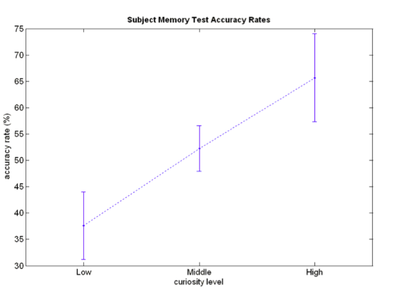
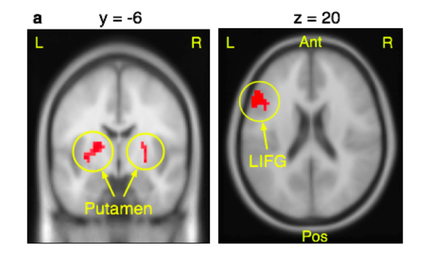
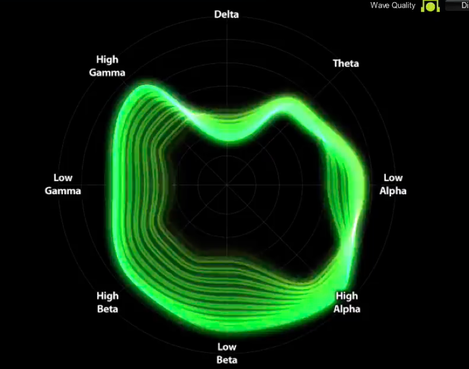

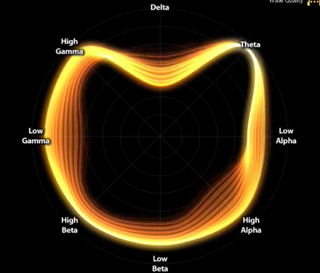
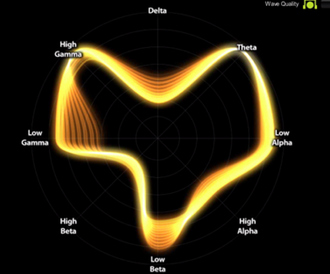
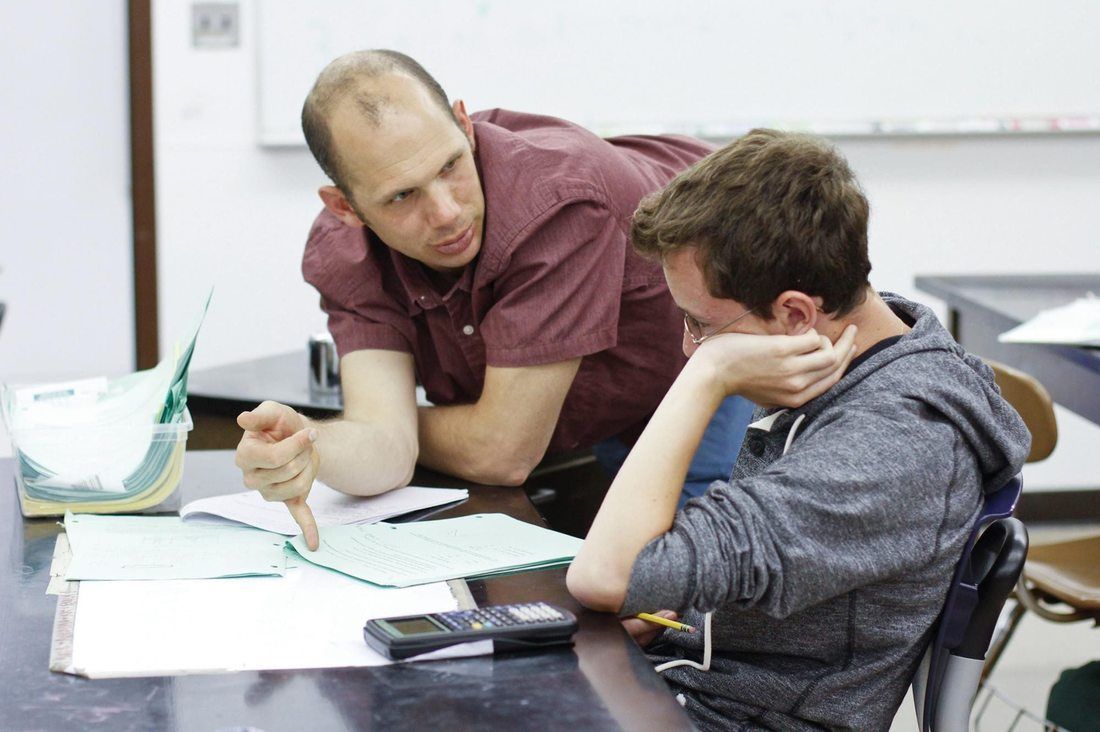
 RSS Feed
RSS Feed